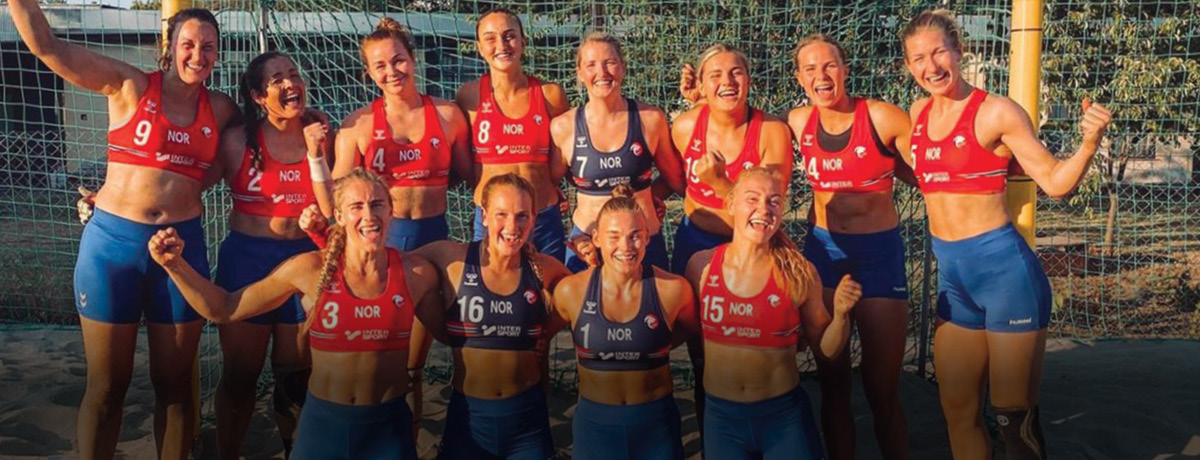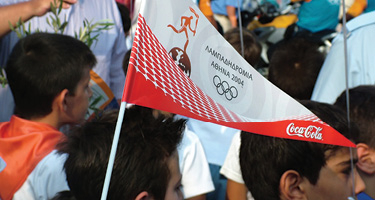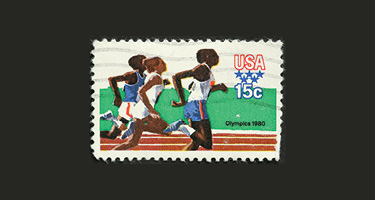This article was originally published on 9/23/21 and was updated on 2/3/22
Of all the pandemic-delayed 2020 Tokyo Olympic and Paralympic Games’ legal and public-relations issues— contract renegotiations with sponsors, networks and Olympic entities; doping bans; fans demanding ticket refunds—one of the biggest headline grabbers was a brouhaha over female athletes’ sporting attire.
The topic arose before the Games had even begun. On July 18, 2021, five days ahead of the opening ceremony, Norway’s beach-handball team was sanctioned for wearing athletic shorts instead of the required bikini bottoms at the bronze-medal match at this year’s European Beach Handball Championship against Spain in Bulgaria the day before. In light of the team’s deliberate stance against the dress code, the Disciplinary Commission of the European Handball Federation (EHF) reacted by issuing fines of €150 to each of the team’s 10 players.
The EHF had justified its disciplinary measure after Bulgaria by citing the athletes’ “improper clothing,” pursuant to the International Handball Federation (IHF) Rules. Under “Athlete Uniform Regulations,” the Federation Rules stipulate that Team members must wear identical shorts/bikini bottoms [. . .]. Female athletes must wear bikini bottoms that are in accordance with the enclosed graph, with a close fit and cut on an upward angle toward the top of the leg. The side width must be of a maximum of 10 centimetres.
The fines triggered an avalanche of controversy among international fans, the public at large, athletes and sporting organizations—including the Norwegian Handball Federation, which openly supported the athletes. Several parties expressed their frustration at the enforcement of outdated rules regarding women’s athletic attire, which deprive women of the right to meaningfully compete in a respectful and fair environment.
The EHF then issued another statement to underline that, although the fines were appropriate given the Federation Rules, it vowed to do “all [it] can to ensure that a change of athlete uniform regulations can be implemented.”
Legal Recourse
The Norwegian women have two potential, non–mutually exclusive options. The first is to appeal the fines. The second involves lobbying the governing body to amend or repeal current Federation Rules on female athletes’ uniforms altogether.
Appealing the fines: EHF regulations grant athletes the right to appeal a Disciplinary Commission decision—but they must do so no later than 8 p.m. local time the same day the decision is issued. This option has long since lapsed. It’s also worth noting that the request to appeal must be accompanied by a €1,000 fee paid by the appellants to the EHF. In light of the Norwegians having already been fined a team total of €1,500, an appeal was perhaps not a viable option, if only from a financial perspective.
In the event the appeal was granted, it would be directed to a Jury, which is charged with reaching a decision by simple majority. That decision would then have to be announced to the parties no later than 9 a.m. local time the day after the appeal was filed. The Jury comprises three members and two substitute members recruited from among the EHF officials at the venue and nominated by the EHF before the tournament began.
Norway’s beach handball team was sanctioned for wearing athletic shorts instead of the required bikini bottoms at the bronze-medal match at this year’s European Beach Handball Championship.”
Amendment or repeal of Federation Rules: Again, the EHF defended itself by noting that it issued its fines in accordance with International Handball Federation Rules. Athletes’ dress code therefore falls under the jurisdiction of the international body of the sport at issue. Advocating for modification of the rules at the level of the IHF would presumably be a more permanent solution, and Norway’s Handball Federation has advocated for substantial change in this aspect of women’s sports for several years.
On April 23 and 24, three months before the Tokyo Games began, the EHF Congress was held in Vienna, Austria, at which the Norwegian Handball Federation tabled a motion addressing women’s uniforms. The discussion was postponed and scheduled to be held in August with the newly elected Beach Handball Commission. The discussion’s purpose was to prepare suggestions to be presented to the IHF, the world body with ultimate jurisdiction and authority to modify the uniform regulations.
To date, no motion has officially been tabled to the IHF. As such, the regulation mandating bikini bottoms for female beach-handball players remains in force.
A Timely Discussion
Regarding regulation of athletes’ uniforms at the Olympic and Paralympic Games, Section 2.3 of the Olympic Charter states that the National Olympic Committee of a given country is vested with the sole authority to prescribe and determine the clothing and uniforms worn by members of its delegation. However, under the Charter, the International Olympic Committee maintains for itself the authority of last resort on any questions or matters related to the Games.
As the Tokyo 2020 Olympic and Paralympic Games dominated sports headlines this summer, the longstanding debate over uniforms and the agency of female athletes proved timely. Following the dust-up over the Norwegian women, several other incidents drew attention to the topic as well. During the Tokyo Games, Germany’s gymnasts competed in red-and-white unitards, which provide more body coverage than the more commonly worn leotard. The German Gymnastics Federation introduced this apparel with the aim of countering the sexualization of the sport and enhancing women’s agency. On July 18, meanwhile, Welsh Paralympic track-and-field world champion Olivia Breen was reprimanded by an English Championship official for wearing sprint briefs deemed “too short and inappropriate.”
All these incidents have brought significant attention to the sometimes-extraordinary scrutiny of female competitors’ attire at national and international events. It’s difficult to predict the ultimate outcome here, but female athletes are unlikely to give up in their desire to have more say over what they’re required to wear. The Olympics themselves are over, but this tussle has only just begun.











































